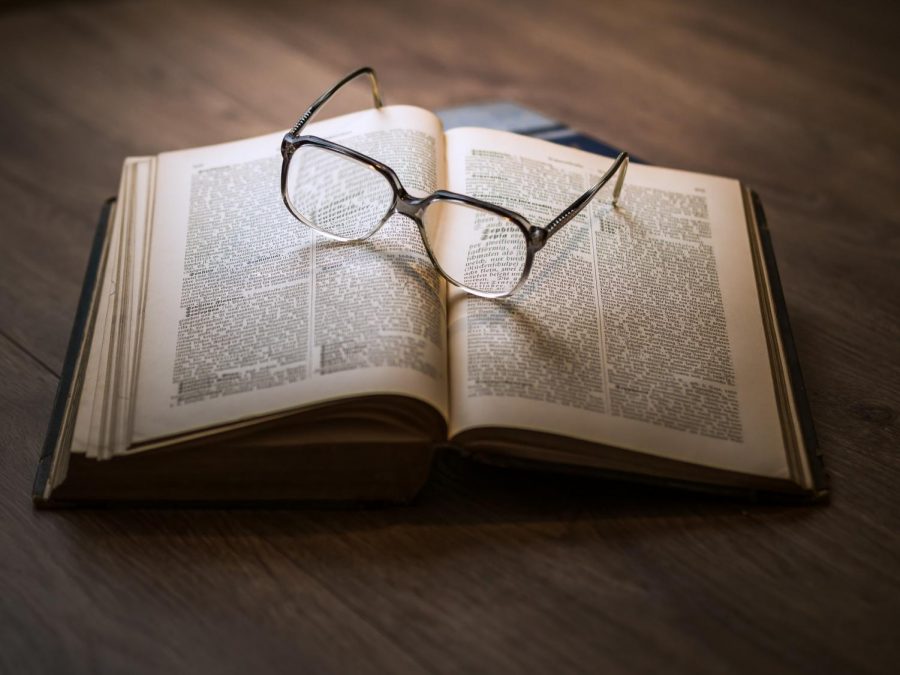Science majors connect with new history courses
October 14, 2019
Here at ULM, there aren’t many history majors. However, that does not mean that ULM’s history program is not a force to be reckoned with.
According to GradSource, ULM’s online master’s history program is ranked eighth in the nation. So, even though we may not have many history majors, our history professors and students are succeeding.
In fact, ULM is introducing two new history courses in 2020, Healthcare and Civilizations I and II.
Leading the history department is Dr. Jeffrey Anderson, an associate professor as well as the program and graduate director. Anderson said that the reason ULM decided to add these courses was because of the vast number of students who are at ULM studying health sciences. Anderson said that when it comes to basic history courses, students feel unsure about them.
“There are always those who have a hard time connecting what they learn in these classes with the sorts of things they plan to do in their careers,” Anderson said.
These new courses give non-history majors the chance to take a course that counts toward their core humanities requirements and also relates to the field that they are going into.
The process of putting the courses together took around a year. Everyone, from the director of the School of Humanities to the vice president of Academic Affairs, reviewed the course proposals, and finally, in September, the University Curriculum Committee approved it.
The first course, HIST 1021: Healthcare and Civilizations II, taught by Dr. Christopher Blackburn, will be available in the spring of 2020. The other, HIST 1020: Healthcare and Civilizations I, taught by Dr. Monica Bontty, will be available in the fall of 2020. They will continue to alternate each semester from that point on.
According to Blackburn, the courses will focus on medicinal practices and their evolution over time. Students will learn about a variety of topics, from the healing practices of ancient Egypt and Greece to Renaissance anatomy. They will also study medical regulation during events like the Black Plague and World War I, as well as the different places of medical practice, such as clinics, hospitals and asylums.
Blackburn said he urges students to consider signing up for one, if not all, of the courses.
“This sequence of courses will provide students of the health sciences a valuable and relatable option in the humanities,” Blackburn said.
There are already students who are excited for the new course, such as Laura Doty, a junior history major.
Doty said that it would be interesting to learn the history of healthcare and how it has changed over time. She is currently taking classes with both Blackburn and Bontty, and said that she believes they will both be excellent instructors for the new courses.
“Every professor I have taken for history classes here at ULM have made it clear that they want their students to learn,” Doty said.



